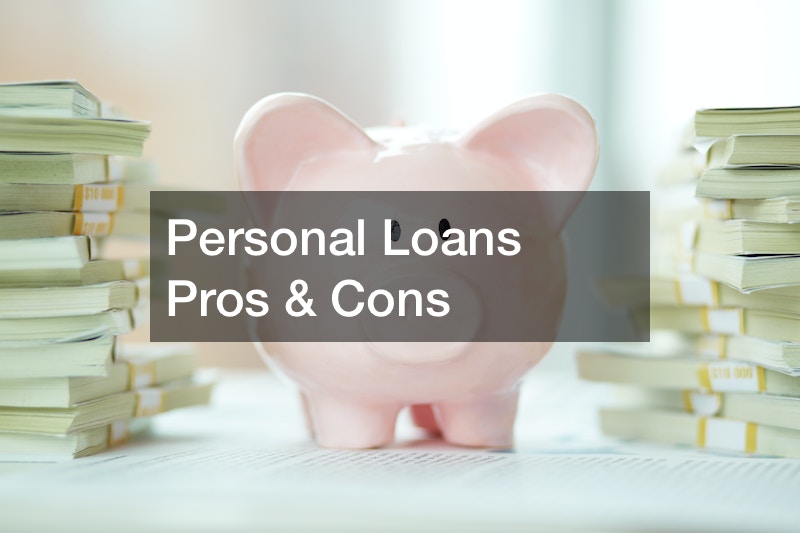

When comparing lenders and determining whether to apply for a personal loan, one must be aware of the benefits and drawbacks of personal loans. Generally, one can use this type of loan for anything if the borrower can pay back the loan amount plus interest over a predetermined period in equal monthly payments.
Most personal loans don’t demand collateral from the borrower.
It implies that if you default on the loan, you won’t have to worry about losing a valued asset like your home or car. However, making timely payments will raise your credit score since the payment history makes up 35% of your FICO credit score.
Personal loans are flexible and versatile, meaning you may use them to pay for anything from auto repair expenses to house improvements and event-related fees. Although borrowing amounts vary depending on the lender, personal loans typically range from $1,000 to $100,000. However, lenders can customize the loan amounts to fit the borrowing requirements of the consumers.
One main disadvantage is that the penalties and fees associated with these loans could increase the cost of borrowing. The origination fees for some personal loans range from one to six percent of the total loan amount. Lenders also report late and nonpayment to credit bureaus, leading to a low credit score if borrowers don’t make their payments on time or completely default on the loan.



